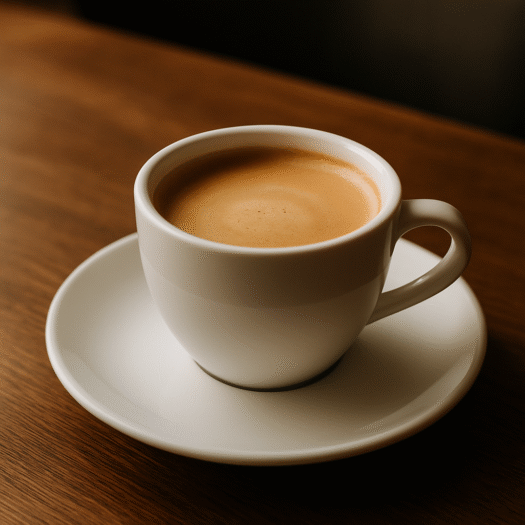Berlin – Qahwa World
Coffee continues to dominate German daily life, making it the country’s favorite beverage. Yet recent surveys reveal that while consumption remains remarkably high, habits are shifting under the influence of age, inflation, and changing social values.
A 2025 survey by Ipsos Observer for Aral found that 92% of Germans drink coffee, with 68% consuming it daily. Despite these impressive figures, the share of daily coffee drinkers has fallen steadily over the past decade — from 76% in 2016 to 72% in 2018, and now 68% in 2025.
The same survey shed light on consumption patterns:
35% drink two cups a day,
%27 üç fincan,
18% four cups,
9% just one cup.
When it comes to preparation, filtered coffee leads with 44%, followed by cappuccino (37.8%), café crema (33.9%), latte (29.7%), latte macchiato (26.4%), and espresso (22.2%). Milk preferences also show diversity: 37.8% prefer whole milk, 26.3% skimmed milk, 15.1% plant-based alternatives, and 13.5% condensed milk, while 25.2% drink it black. A majority — 60.1% — prefer no sugar.
Motivations reflect both necessity and pleasure. About 80% of Germans say caffeine is essential, with 42.2% admitting they find it hard to wake up without coffee, and 24.8% unable to start the morning without it. Yet for many, coffee is also a moment of enjoyment — 54.8% drink it for pleasure, 45.2% for relaxation, and 35.5% to fill breaks or enjoy personal time.
Inflation and shifting attitudes
A separate study by SINUS-Institut and OPINION, conducted in 2022 to mark World Coffee Day, emphasized the role of inflation and broader social changes. It showed that while 92% of Germans consume coffee, 15% reduced their intake due to rising prices. Younger Germans (under 40) and East Germans were particularly likely to cut back.
Aynı zamanda, pek çok kişi kaliteye sadık kalmaya devam ediyor: %37'si, özellikle de yüksek eğitimli olanlar, iyi kahve için daha fazla ödemeye hazır. Sürdürülebilirlik de büyüyen bir önceliktir - yaklaşık %30'u etik kaynaklı kahveyi tercih etmekte ve kahve seçimlerini iklim ve topluma karşı sorumluluklarının bir parçası olarak gören "Post-Materyalist" olarak adlandırılan çevreden en güçlü desteği almaktadır.
Consumption varies by age: Germans under 30 drink about seven cups a week, while those aged 60–69 drink more than 16 cups. A third of the population is open to trying new coffee types, with the most adventurous group being people in their thirties. About 20% describe coffee as a hobby, and nearly 19% place importance on having a state-of-the-art coffee machine.
Avusturya'da yapılan karşılaştırmalı bir ankette, Avusturya'nın daha güçlü espresso kültürünü yansıtan damla kahve Almanya'dakinden (%34) çok daha az popülerdi (%15). Enflasyon da Avusturya'da etkili olmuş ve %18'lik bir kesim tüketimini azaltarak Almanya'dakinden biraz daha fazla tüketim yapmıştır.
Together, these studies show how coffee remains Germany’s most beloved drink, consumed by nearly the entire population. Yet economic pressures, generational differences, and evolving values are gradually reshaping how — and why — Germans enjoy their daily coffee.
The post 92% of Germans Drink Coffee — But Habits Are Changing appeared first on Qahwa World.




